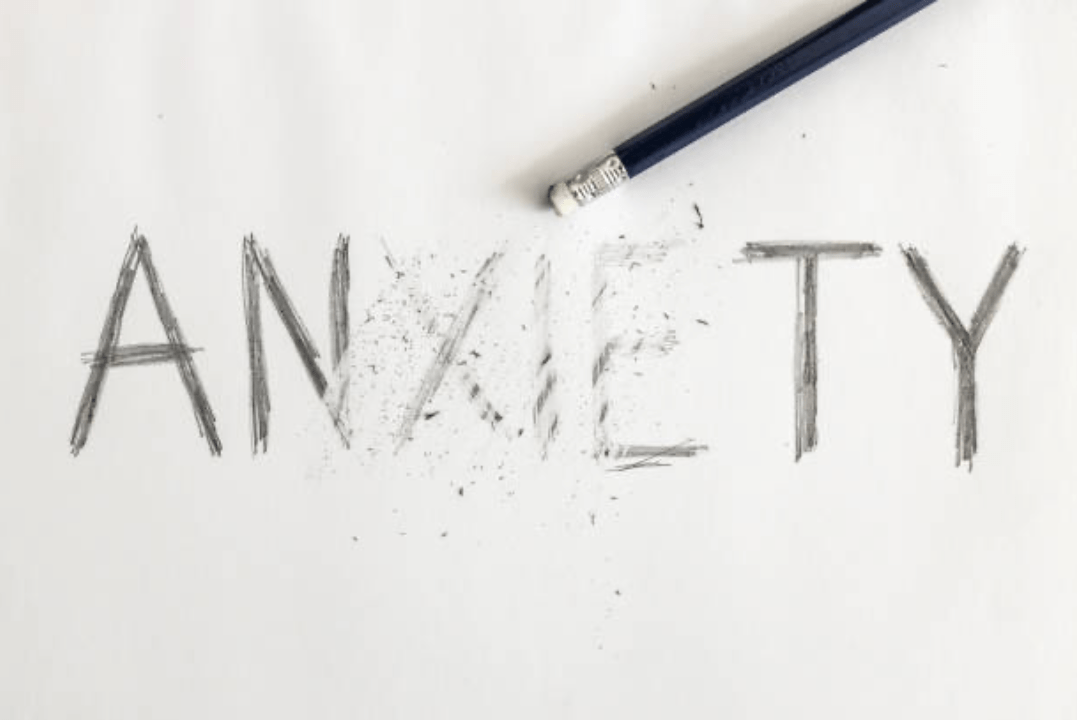Gratefulness as a Remedy for Anxiety
This article is based on scientific evidence and clinical experience, written by a licensed professional and fact-checked by experts.

Posted: January 8, 2019
Estimated reading time: 5 minutes
In This article
I am positive everyone, at one time or another, has experienced that anxious feeling – a lump in the throat, heart beating hard, mind spinning with worries. I can relate– for a season I struggled with anxiety daily. But I have found that the Bible speaks quite clearly about this topic and offers us an antidote: gratitude.
What is Gratitude?
In Philippians 4:6-7, Paul writes,
“Do not be anxious about anything, but in every situation,
by prayer and petition, with thanksgiving, present your requests to God. And the peace of God, which transcends all understanding, will guard your hearts and your minds in Christ Jesus.”
Paul was on to something here; he recognized through the Holy Spirit that gratitude (thanksgiving) is mutually exclusive from anxiety. Gratitude is simply a feeling of appreciation or thanks. When my heart is filled with gratitude, I cannot be controlled by anxiety. But when my mind is whirling with anxiety, I cannot be focused on gratitude. Try to be thankful and anxious at the same time – you simply cannot do it. This might have been the first cognitive therapy approach ever recorded!
Cognitive therapy, simply put, asks a person to evaluate the kinds of thoughts they allow themselves to have. These problem thoughts are then replaced with truths from the Bible. Here are some examples:
I am powerless
Do not be anxious about anything, but in every situation,
by prayer and petition, with thanksgiving, present your requests to God.
And the peace of God, which transcends all understanding, will guard
your hearts and your minds in Christ Jesus. – Phillipians 4:6-7
I am not good enough
For it is by grace you have been saved,
through faith—and this is not from yourselves,
it is the gift of God— not by works,
so that no one can boast. – Ephesians 2:8-9
I can’t take it anymore
But he said to me, “My grace is sufficient for you,
for my power is made perfect in weakness.”
Therefore I will boast all the more gladly about my weaknesses,
so that Christ’s power may rest on me. – 2 Corinthians 12:9
Research on Gratitude
If you think it sounds like too simple of a remedy, science has affirmed this Biblical truth further. In a study by American researchers, how gratitude affects a person’s disposition and overall health (Emmons and McCullough, 2003) was measured. In the study, they assigned three groups of young adults to keep a daily journal:
- Group 1 was assigned to keep a journal of what they were grateful for
- Group 2 kept a journal about things that annoyed them or reasons why they were better off than others
- Group 3 was not given any prompt except to keep a journal
After the 21 day study, participants in the gratitude group (Group 1) were found to be more satisfied with their lives overall, more optimistic about the upcoming week, and reported sleeping better– which is crucial in relieving stress and anxiety. This group also showed greater increases in determination, attention, enthusiasm and energy compared to the other two groups.
How to Keep a Gratitude Journal
I recommend clients with anxiety to keep a gratitude journal… and you can as well. As it is written in 1 Thessalonians 5:18, “Be thankful in all circumstances, for this is God’s will for you who belong to Christ Jesus.”
Practicing thankfulness will help you begin the process of overcoming worries and anxiety, plus it is God’s will for us! Furthermore, the Bible promises the peace of God will guard our hearts as we present our worries (Phil. 4:7).
The journal is for you, no one else needs to see it unless you choose to share it. Don’t worry about what you write, just begin to reflect on the good and positive in your life. You may want to start by writing just one or two words – two things you are thankful for, and later you can expand to why you are thankful for these things. It also helps by tuning into your breathing. See if you can feel the rise and fall of each breath, slowly deepening inhales and exhales. Then bring to your mind to a moment or item you are thankful for.
It is in this process that you begin to experience the peace and deep truth of gratitude, along with trusting God, to help you overcome anxieties.
Back to topThis article is based on scientific evidence and clinical experience, written by a licensed professional and fact-checked by experts.
About the Author

Josh Spurlock
Josh Spurlock MA, LPC, CST, has a BA in Biblical Languages and a Masters in Counseling. He is a Licensed Professional Counselor (LPC), holding licenses in Missouri, Colorado, and Florida. He is also a Certified Sex Therapist (CST), Level 2 AEDP Therapist, and an Ordained Minister. He is an Advanced Practice Clinician, with over 10,000 hours of clinical experience. He specializes in Marriage Counseling, Sex Therapy, Family Counseling, and works with Executives, Pastors, Business Owners, and Ministry Leaders. Learn more about Josh Spurlock at JoshSpurlock.com.
Josh is currently unable to take on any new clients.
Learn More About JoshIn This article
Share this article
View more articles

How to Revitalize Connection in a “Roommate” Marriage: Pt. 2 Physical Connection
By: Danielle Schaefer







